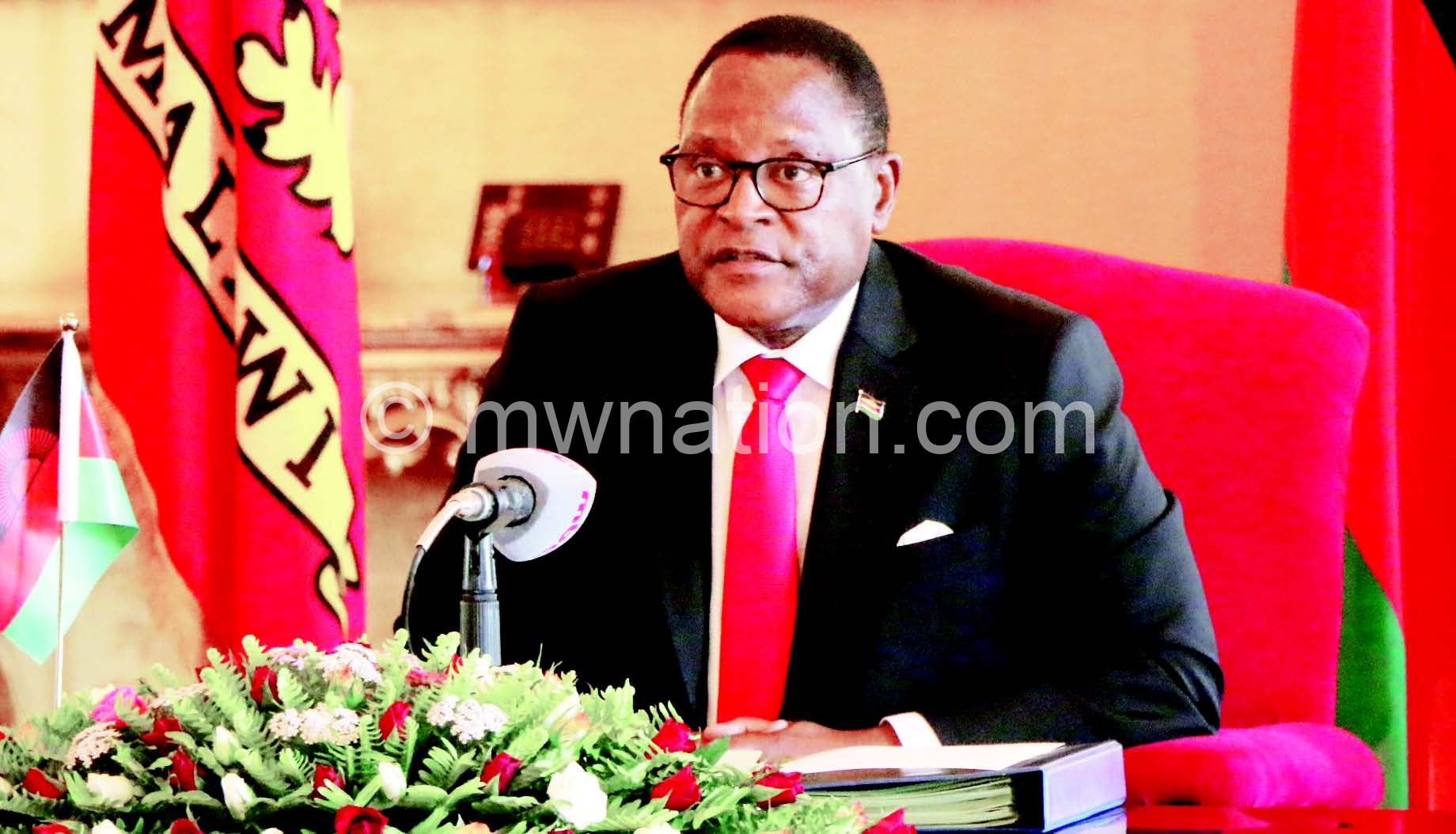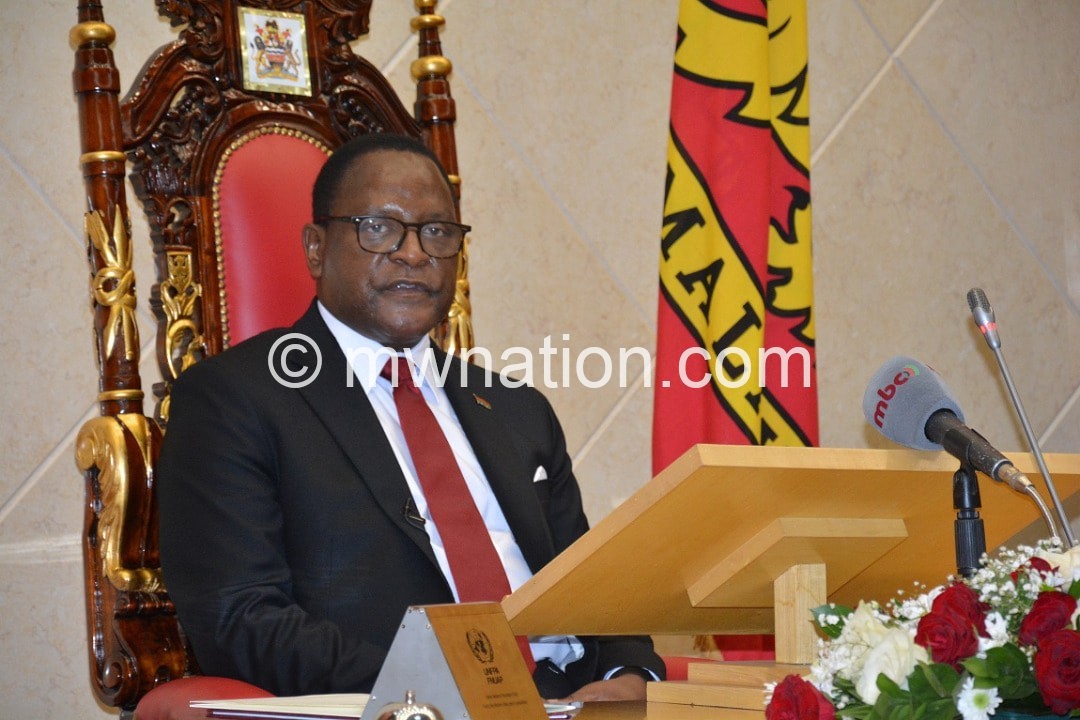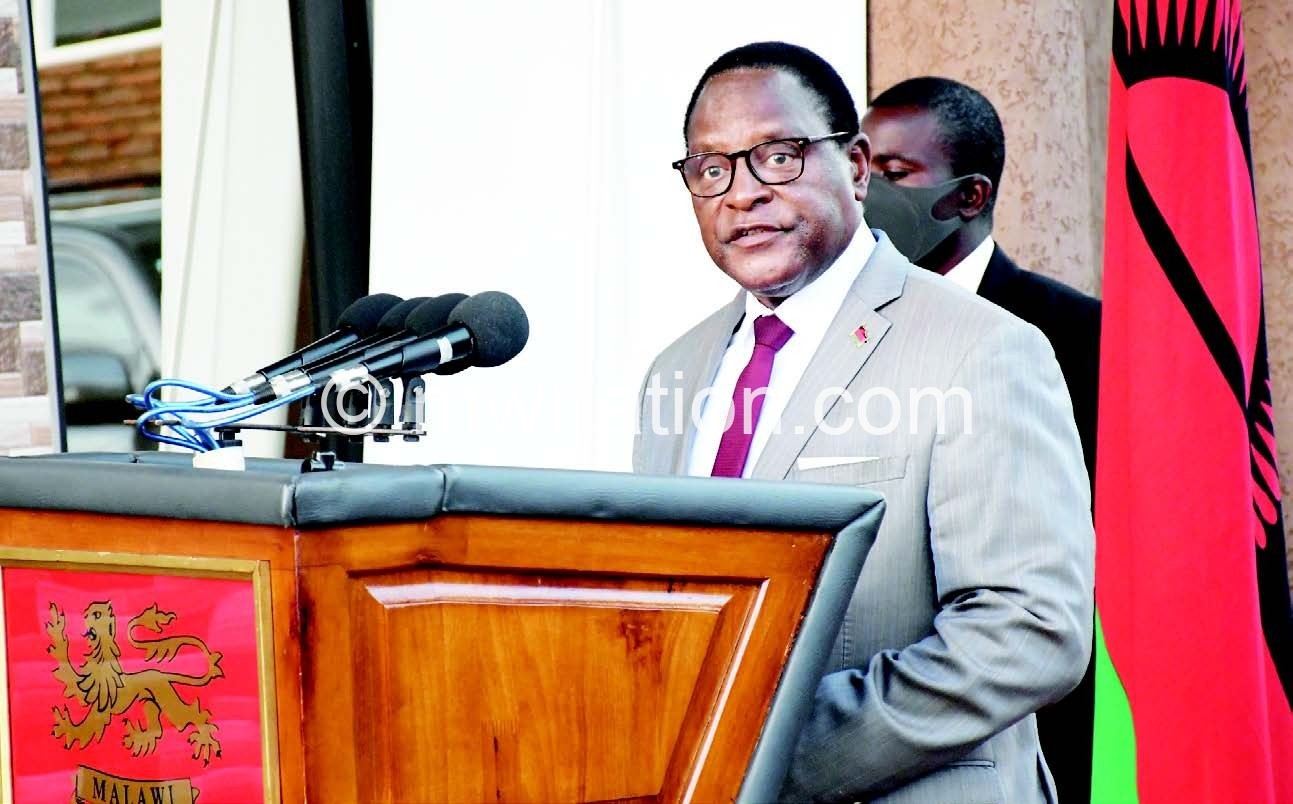‘Muluzi not responsible for failure of Vision 2020’
Last week, Bakili Muluzi’s aide Ken Ndanga responded to my entry on this plot in which I took a dig at government failure to implement to the latter the Vision 2020 which the former president launched with fan fare two decades ago. He thinks I was gas-lighting the issue as Vision 2020 is not Muluzi’s ‘baby’. Here is his response:
For starters, Vision 2020 was launched by the then state president Bakili Muluzi in March 1998. Lately there has been some talk, especially on the social media, which seem to suggest that former president Bakili Muluzi is wholly responsible for the failure of Vision 2020.
From this kind of thinking one can easily note that Malawians are still living with a mentality of personalising national development. It also reveals how much partisan politics influences our opinion over national issues which ought to be above petty partisan biases.
One needs to understand the process which culminated in the national development framework document christened Vision 2020. Those of us who were there fondly remember the high voltage awareness messages on the radio and in the print media about the Vision 2020. The message was much about what Malawi should be in terms of development by the year 2020.
The formulation of the vision was a departure from the past approach where government development strategies were designed to cover lesser periods.
In fact, the past national development plans before Vision 2020 spanned from 1987 to 1996. This, therefore, means that the Muluzi administration which came to power in 1994 had only two years to finish the implementation of the 1987-1996 national development plans.
The Vision 2020 messages were not for individual glory but promoting and rallying together all Malawians to support the dream. Ownership was achieved in the fact that there were wide consultation before the document was officially launched and gazzeted.
The vision itself was clear in terms of its strategic goals and the role of all shareholders in realising the dream. Ideally, from the political front, all political party election manifestos were supposed to demonstrate how they would implement the national vision.
Political campaigns were supposed to be about competing on the best strategies to implement Vision 2020 as opposed to what we are witnessing today.
The vision itself did not give the hows as that was the responsibility of government departments by its technocrats. The implementation of Vision 2020 was for 22 years from 1998 to 2020 from which only six years was under the Muluzi leadership.
Simple arithmetic shows that the vision was to be implemented for 16 years without Muluzi. Unfortunately, for no other reason than relentless efforts to dent his legacy we blame him for the failure of the vision.
Did Muluzi carry with him the vision when he was retiring in 2004 to his retirement home at BCA Hill in Limbe? If his administration messed up in the six year’s he was in power, wasn’t the 16 years not enough for us to correct things and infuse some life into the implementation of Vision 2020?
For example, the vision states that the country would not achieve its objectives without good governance. Was it not the Muluzi administration which laid the foundation by establishing good governance institutions? What have we done to make sure that these institutions work effectively for the good of the nation?
Bakili Muluzi just like any leader had his strength and weaknesses. However, to blame him wholly for the failure of the Vision 2020 which defines the role of all of us in the implementation processes is to a large extent exposing our ignorance on how national development plans work.
National development plans are not personal to holder. They are not owned by leaders or their political parties. Instead of blaming one person for our failure it is time to reflect on how partisan politics has affected the implementation of the plan.
Word on the street is that blaming Bakili Muluzi will not take this country anywhere. Yours,
Ken Ndanga.





